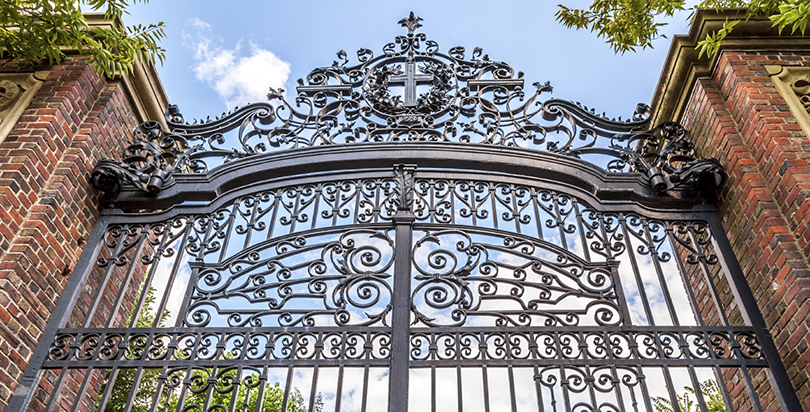AP Overload, Padded Resumes, Suicides: Why Harvard Is Pushing Elites to Rethink College Admissions

New York City
Resumes filled to the brim with sports, music, Advanced Placement courses, and community service projects in foreign countries. A multi-billion dollar tutoring and test prep industry fueled by students in a competitive frenzy to achieve better and better scores. Books providing hyped-up advice on “how to beat the system.”
That’s the reality of today’s fierce college admissions process. It’s leading to “achievement pressure” so high that teens in affluent communities have committed suicide, while lower-income kids are being left behind.
“This whole notion of what you have to do to get admitted to college these days has really taken a turn and there really is this mismatch of what our actual expectations are,” said Stuart Schmill, dean of admissions at the Massachusetts Institute of Technology. “The reality is we don’t want this high-stress environment, it’s not good for students at all.”
But it doesn’t have to work this way. The process could be less strenuous and more inclusive for students of all backgrounds. That’s the message elite university admissions officers offered Wednesday at a gathering at the New York City Public Library following the release of a Harvard Graduate School of Education report calling for a radical revamping of the college quest. Changes aim to emphasize ethical and intellectual engagement and limit “undue achievement pressure.”
“There is concern about serious depression, substance abuse, problems in affluent communities, sleep deprivation,” Richard Weissbourd, a senior lecturer and co-director of the Making Caring Common Project at the Harvard Graduate School of Education, told The Seventy Four. “There is also growing concern and awareness, as there should be, of the lack of access for low-income kids.”
Following meetings with college admissions deans and other players in the college admissions process, Weissbourd and Lloyd Thacker, director of the Education Conservancy, wrote the report to highlight ways the process could be reformed to better serve students — and launched a two-year campaign to do just that.
Among the recommendations the report outlines is a call to look beyond test scores — which closely correlate with family income — and a “laundry list” of extracurricular activities, and reduce “overcoaching.” Instead, students should embark on a sustained community service project, which could include an after-school job that contributes to family needs.
In a 2014 Making Caring Common survey of more than 10,000 middle and high school students, respondents were far more likely to rank personal success more highly than concern for others.
“The colleges endorsing this report want to encourage students to lead more balanced lives, to be less concerned about racking up achievements, and more concerned about others and their communities,” Weissbourd said. “They also care about leveling the playing field for economically diverse students. By recognizing the opportunities these students often lack and more clearly capturing their strengths and contributions across race, and culture, and class.”
So far, 85 stakeholders in education and college admissions — from Purdue University to the University of Michigan to Kenyon College — have endorsed the report, and some colleges have already made changes consistent with the recommendations. At MIT, for example, a new college application question this year asked students how they’ve improved the lives of others in their community.
This isn’t the only initiative striving for changes in the high-stakes college admissions game. In September, 80 colleges unveiled a plan to “recast” the way they admit students. It includes building a shared application system and introducing new online tools to help high school students, especially those without the monied advantage of private advisors, plan for college.
And from a different vantage point, the U.S. Supreme Court is considering for the second time a case against the University of Texas at Austin that could derail affirmative action in college admissions decisions.
Jeremiah Quinlan, the dean of undergraduate admission at Yale University, said it’s smart for parents and students to focus their achievements on things that can be quantified: like extracurricular activities and academic awards. But those achievements alone won’t secure a spot at the Ivy League institution.
“We want students who have achieved in and out of the classroom,” he said, “but we’re also looking for things that are harder to quantify: authentic intellectual engagement, a concern for others and the common good, a sense of community building amongst students and peers.”
Get stories like these delivered straight to your inbox. Sign up for The 74 Newsletter

;)
